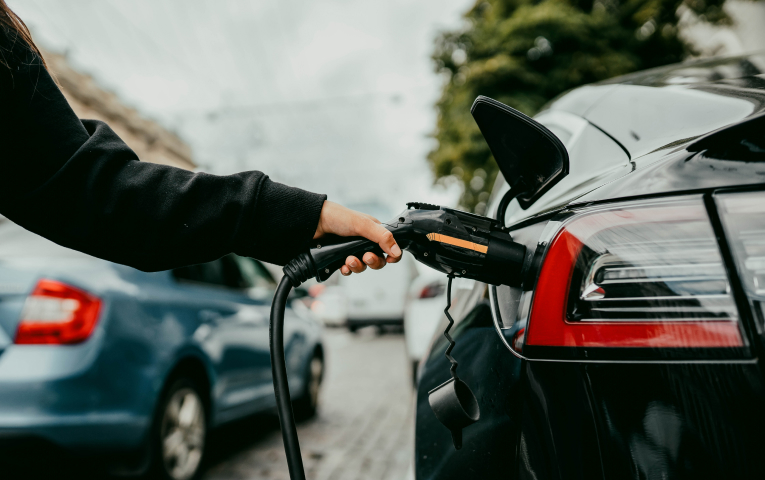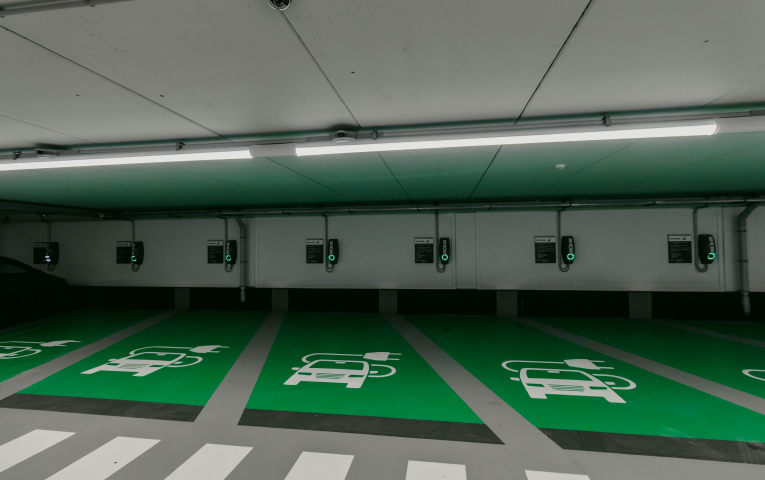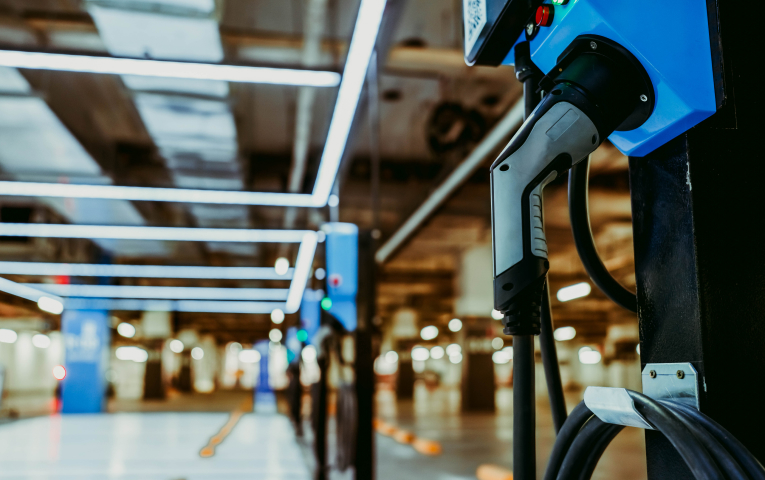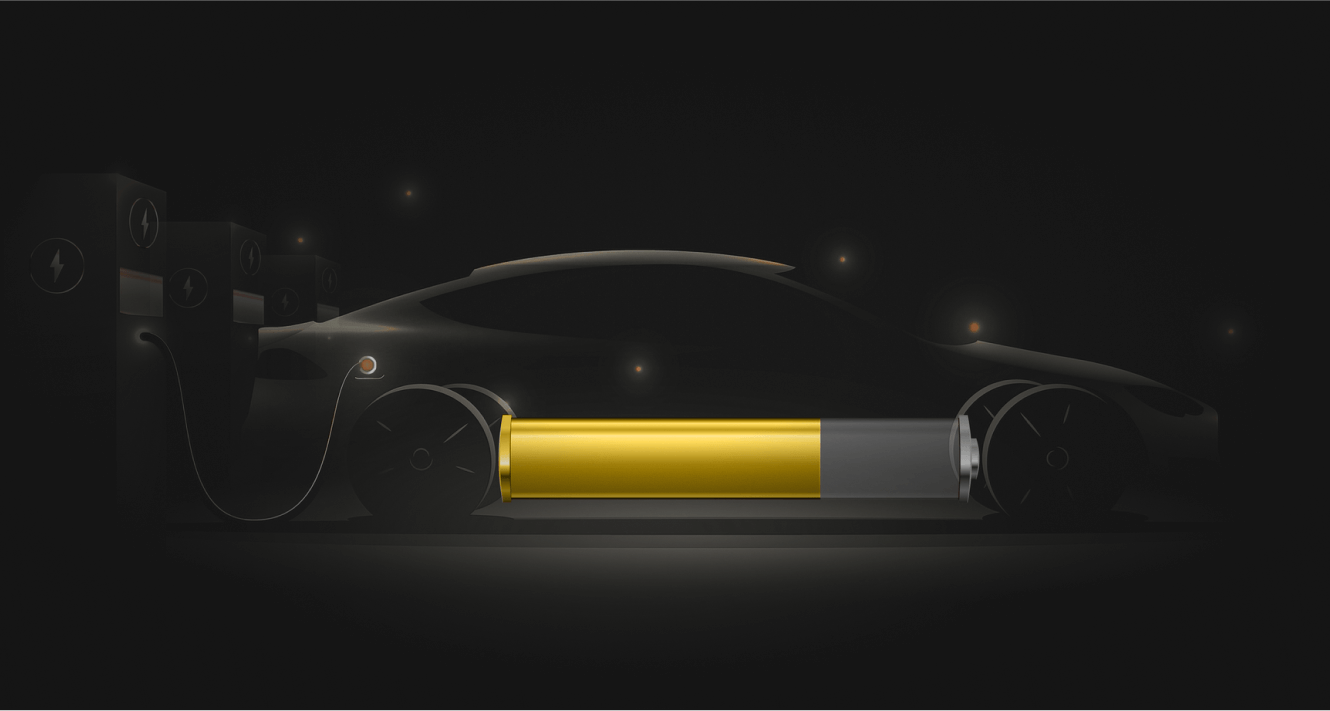Flash Motors partners with Jamaica Automobile Association
Flash Motors Company Limited (Flash), a leading provider of electric vehicles (EVs) and charging solutions, has partnered with the Jamaica Automobile Association (JAA) to provide a range of services and programmes. The partnership will see Flash Motors supplying products and knowledge training to the JAA to enhance their supportive services to Jamaica’s growing number of […]










